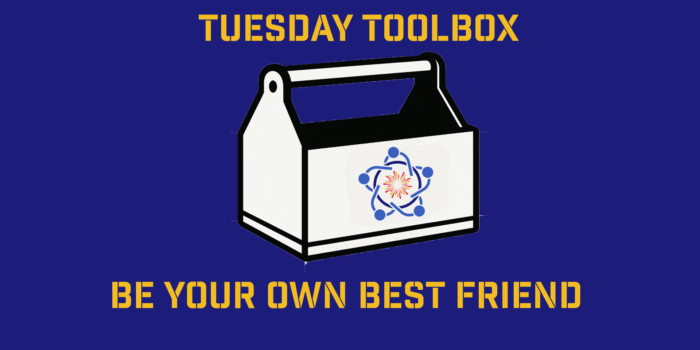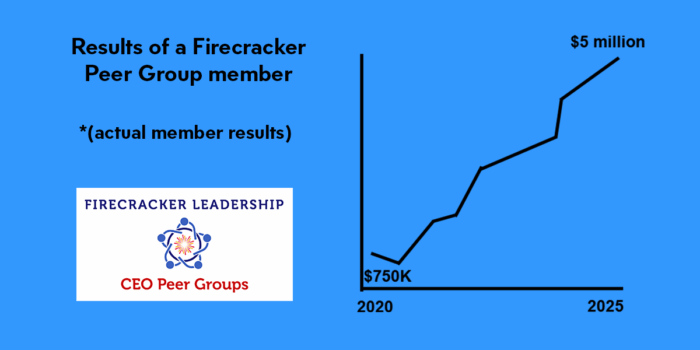My Wednesday Wish for You: To Be Your Own Best Friend We often push ourselves harder than anyone else ever…
Many of my clients listen to ITR Economists for insight. Here they share some insight for the coming predicted Depression. It’s worth the read.
The 2008 Great Recession had a profound impact on many people and businesses, leaving a scar that is still visible today. Meanwhile, the 2030s are looming, and ITR Economics is forecasting a new Great Depression to hit in that decade. To help you prepare for what’s to come, we put together a comparison between the 2008 Great Recession and the 2030s Great Depression, so you can take the lessons you learned from the former and apply them in the future.
Causes of the 2008 Great Recession
The Great Recession was one of the most significant economic events to happen to us in recent memory, running its course from December 2007 to June 2009.
The Great Recession started with a financial and banking crisis that fueled a substantial downturn in the housing market. The crisis was in part brought on by lax credit standards, which saw banks and other institutions lending money to too many people, many of whom had bad credit histories.
Many people got in over their heads, moving into homes they otherwise wouldn’t have been able to afford.
Once the value of homes went down, people owed more than their homes were worth. When banks started calling the loans, people defaulted on mortgages, which added to the financial meltdown, or what we refer to today as the Great Recession.
[ Read more: Top 5 Causes of the 2030s Great Depression ]
Impact of the Great Recession and Upcoming Great Depression
While the causes of the 2008 Great Recession and the 2030s Great Depression are completely different, the impact the latter will have on people will be similar. Many will unfortunately lose their jobs, homes, and businesses.
While the depth of these two economic events will be similar, how we get to the Great Depression and go through it will be completely different.
The Great Recession lasted one year, long by historical standards but a lot shorter than the upcoming Great Depression, which is expected to run its course over approximately six years. So, while the pain resulting from the two will be similar in intensity, the pain from the upcoming depression will drag on and on.
Because of this, the psychological impact of the Great Depression will be much greater. Many will wonder: “Will this thing ever end?” The pain and suffering will seem to last a lifetime.
How Can Businesses Take Lessons From 2008 and Apply Them to the Great Depression?
When we talk to business leaders and attendees at our speaking events about the 2030s Great Depression, the scared look we see on many faces makes it seem as if the zombie apocalypse were upon us. Of course, many people surely think of the original Great Depression of the 1930s, with fears of bread lines and hungry kids. It is important to know that while there will indeed be another Great Depression, the right mindset will go a long way toward helping your family and business survive and, coming out on the other side, thrive.
While your target audience, geographic location, and industry will all have an influence on your business’s performance, here are a few tips to help your business survive and potentially thrive through the 2030s Great Depression:
- “Old” leadership will fail.
- If your business doesn’t want to make vital changes and adapt to the coming landscape, it won’t survive. Be willing to adjust and accept the change that comes with the economic situation.
- Have plans ready for various scenarios.
- If your business was impacted by the Great Recession in 2008, you likely have a list of actions you wish you had taken to prepare for it. Have similar plans ready, in case you need to cut costs so you can remain profitable with fewer sales or take other actions.
- Focus on your competitive advantage, not growth.
- If you cling to an “always got to grow” mindset, your business will fall off a cliff, just as many did during the Great Recession.
- Knowing that your profits won’t be as strong as they are now, direct your attention to being a smaller, stronger player in your respective market and focus on taking market share from your competitors so you come out stronger when the economy recovers.
- If you cling to an “always got to grow” mindset, your business will fall off a cliff, just as many did during the Great Recession.
While the causes of the 2030s Great Depression will be different than those of the 2008 Great Recession, the impact on businesses and individuals will be similar. Use what you have learned from past experiences to set yourself up for success. Contact us at ITR Economics; we can help your business achieve prosperity in an age of decline.



